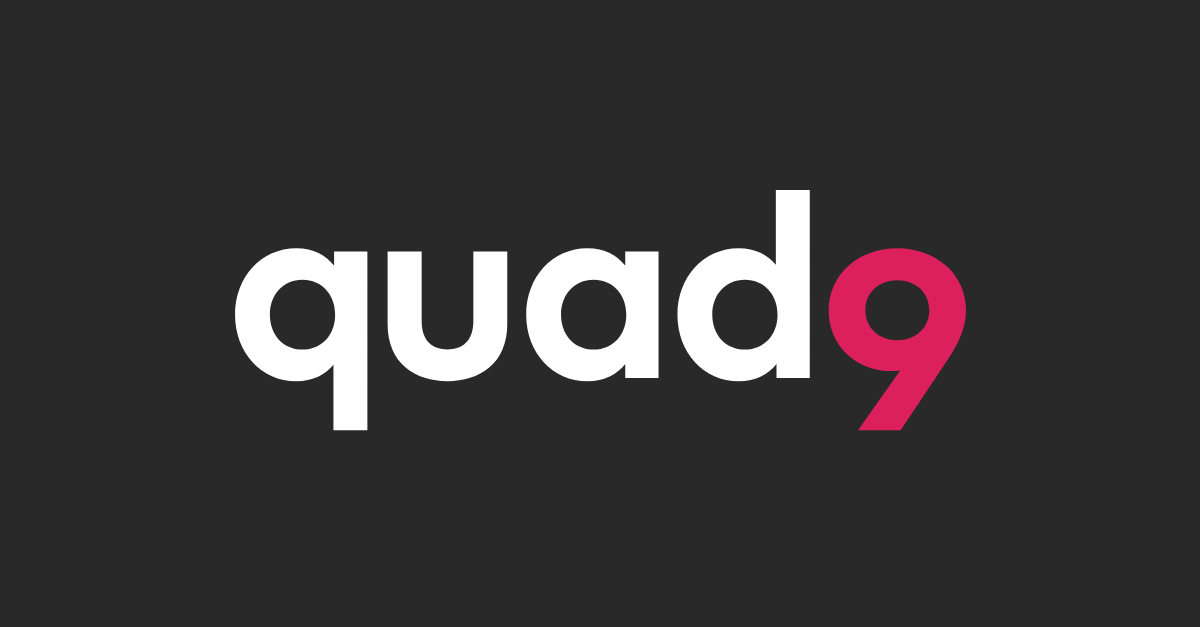I don’t think it’s easy to win the argument against Cloudflare on technical immediate merits. As already mentioned, there isn’t anything remotely close to reliability when it comes to DNS on the Internet.
The fact that they offer free DNS portability with free solid SSL certificates and DDOS protection makes it an easy choice for most websites. They don’t actually block Tor per se, and the choice is left to webmasters. There were cases when the defaults were changed towards a more aggressive stance, and it was felt immediately.
Being a fairly large corporation, they have much more muscle to flex when it comes to takedown/censorship requests, something a not-for-profit like Quad9 can never dream of having available.
By having so many websites protected behind their edge, ECH privacy is also maximized: an observer can see a generic connection to Cloudflare rather than a connection to a private IP.
And their free gifts don’t stop. With the rise in censorship these days, they offer WARP, a free and lightweight (based on WireGuard) VPN for end users too. So, you get premium, private, access to those aforementioned protected websites, sometimes, in a non-intuitive way, even better than what your ISP offers.
Cloudflare’s popularity won’t wane anytime soon, if the DNS outage of 2020 and last years’ service failure - events that took out a good chunk of the public web - is any indication.
If all these arguments seem like a commercial to Cloudflare, it’s not. I fear them and their power to control the Web at both ends more than GAFAM that are always in the spotlight. Considering that most websites nowadays don’t even bother with certificates and the TLS connection is terminated at the Cloudflare edge, they have the power to examine what each and every one does. And all of GAFAM started with offers so good you can’t pass, only to turn out worse for everyone when enough victims were captured.
If someone asks me for the least problematic browser today that just works, can I easily argue against Chrome? I wouldn’t use it, I don’t recommend it, and I know using it is a disservice to myself and others. I clump Cloudflare in the same category.
My first reaction to the introduction of Cloudflare’s DoH in Firefox was to rejoice for my non-technical friends. Then I realized that not only do I have no friends, but the people I know who still use Firefox are actually almost exclusively technical people, and they were really bothered by Mozilla’s decision to ignore their well-defined DNS system.
There are even more reasons to wait for the inclusion of ECH, or even DoH in Kicksecure, in addition to the cost of implementation/maintenance:
- the choice of default servers will inevitably be a compromise between reliability, availability, responsiveness, security and privacy that will not satisfy everyone.
- Kicksecure has secure in its name. Introducing more software (especially not the most mature) increases the attack surface not only with programs, but especially in their interaction with the rest of the programs in the system. It can also give a false sense of security which may be worse when expectations are not met.
- unless I’m wrong, unlike Whonix, Kicksecure is used by more technical people with particular strong opinions and peculiar configurations. They would have to work against the default implementation.
- if the Kicksecure configuration conflicts with Whonix, it may need more adjusting before integrating it.
- both Kicksecure and Whonix have ample documentation that could be extended and referred if the user is really interested in not implementing their own system and also in avoiding the service of their ISP.
